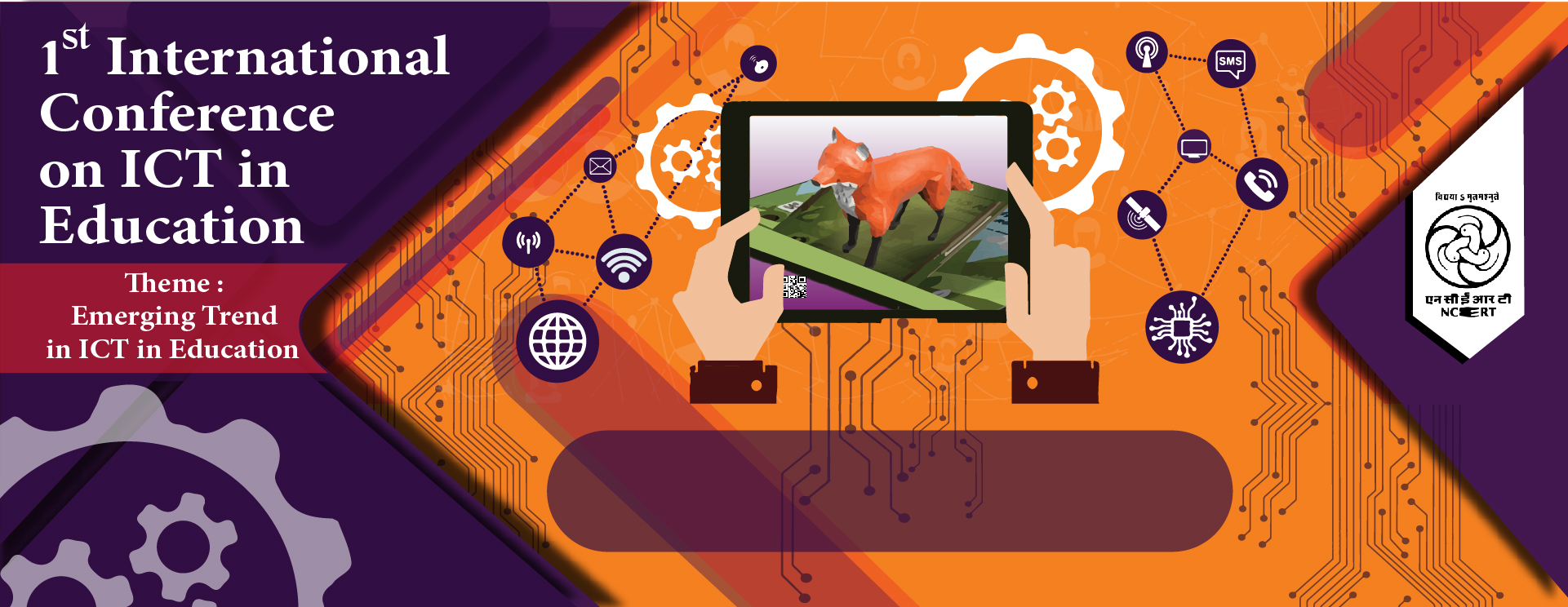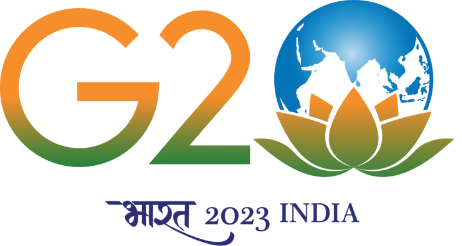About the Conference
The organized system of learning is undergoing tremendous change with the ever evolving educational structure, advancement in science, information and technology. In this digital era, smart gadgets, networks, immersive technologies etc. have become part and parcel of human life. Information Communication and Technology (ICT) has proved to be a contributing factor to accelerate the progress of Sustainable Development Goals (SDGs) through its speed, quality and accuracy. COVID-19 pandemic situation and the lockdown has transformed the society in general including every teachers, students and parents, who have skilled them in technology and empowered use of ICT intervention in education which have become a new normal. Several initiatives have been taken up at international and national levels to leverage the advantage of technology and integration in education as recognised by National Education Policy 2020.
Read MoreObjectives
The conference aims :
- Provide a premier interdisciplinary platform for researchers, practitioners and educators to present and discuss the most recent innovations, trends, and concerns as well as practical challenges encountered and the solutions adopted in the fields of ICT in Education and Training
- Understand and provide the best ICT practices to ensure equitable use of technology and create world class educational digital content and capacity
- Develop a critical understanding of the disruptive technologies in education
- Provide a platform for the development of academic networks for collaboration and partnership to promote ICTs in school and teacher education.
Themes and Subthemes
Click on the tab to know the description.
- Social Media for Education
- Digital Games
Note: The research paper based on the empirical finding related to ICT in School Education can also be submitted.
Invitation of papers
Research Papers and presentations based on innovative practices are invited from the Teachers, Teacher Educators,
Academicians, Educationists, Researchers, NGOs and the other functionaries working in the areas of School Education.
The abstract of paper should be typed in about 200-250 words and full paper in about 2000-2500 words in MS-Word, font
size 12 (Times New Roman) with line spacing 1.5. References should be given in APA style. The paper must contain the
title, name of the authors, contact numbers and email- IDs.
Email-id for paper submission: ictconf@ciet.nic.in
Publication: The selected paper will be published in conference proceedings with ISBN and Best three full length
papers will be published in Indian Journal of Educational Technology (IJET) of CIET-NCERT.
Mode of Conference
Paper presentation, Demonstration of tools, Portals, Apps and Panel discussion will be part of the Virtual Conference.
Modality:Will be informed to the selected participants.
Important Dates
Conference Dates : 24 to 26 March 2021
Last Date of Submission Abstract and Full Paper : 10 February 2021
Confirmation of Selected papers : 20 February 2021
Last date for Registration : 25 February 2021
















